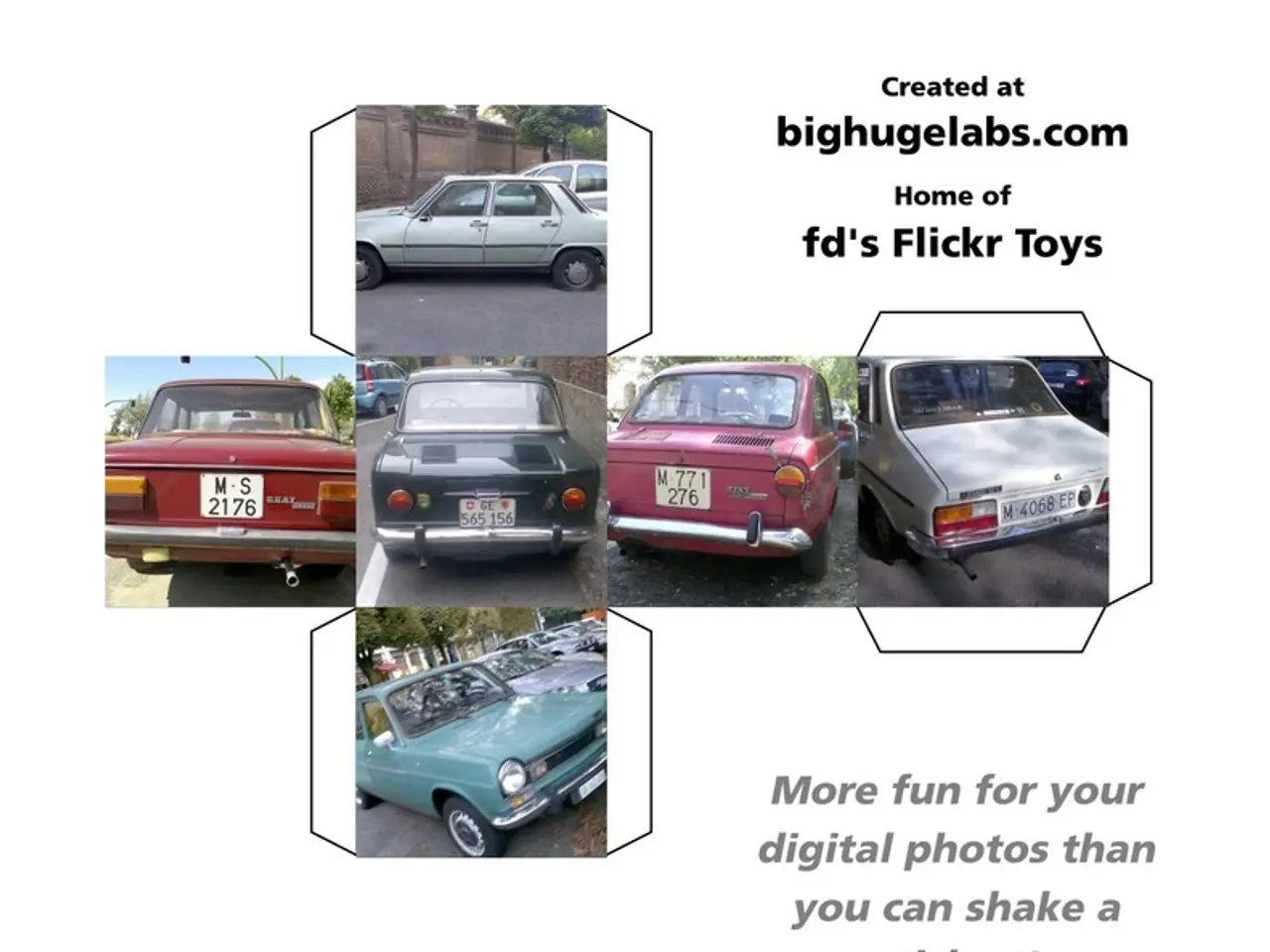GOP Introduces Car Loan Tax Deduction: Eligible Vehicles and Suitable Buyers Determined
New Car Loan Interest Deduction Introduced in the One Big Beautiful Bill (OBBB)
The One Big Beautiful Bill (OBBB), a new tax law in the U.S., includes a significant change for car buyers – the reintroduction of a personal auto loan interest deduction. This deduction, which has been absent for nearly 40 years, will allow taxpayers to deduct up to $10,000 per year in auto loan interest paid on qualifying new vehicle loans.
To qualify for this deduction, several criteria must be met:
- Purchase a new vehicle assembled in the United States between January 1, 2025, and December 31, 2028. The vehicle must be for personal use, not business use.
- The vehicle must be a passenger car, minivan, SUV, pickup truck, van, or motorcycle, with a gross vehicle weight rating (GVWR) under 14,000 pounds.
- The loan must be a new auto loan secured for this purchase (not a lease or cash purchase). Refinanced loans may qualify under certain conditions.
- The deduction is available whether taxpayers itemize deductions or take the standard deduction (it is an “above-the-line” deduction).
- There are income limits: the deduction phases out for single filers earning above $100,000 and joint filers earning above $200,000. The deduction reduces by $200 for every $1,000 above those thresholds until it disappears entirely.
- Vehicle eligibility is determined partly by the Vehicle Identification Number (VIN): vehicles with VINs starting with 1, 4, or 5 indicate U.S. assembly; the 11th VIN character denotes the assembly plant.
- The taxpayer must report the vehicle's VIN on their tax return.
- Buyers must keep documentation such as the signed loan agreement, purchase documents, lender’s year-end statement (Form 1098 or equivalent), and proof of personal use.
The place of final assembly for purposes of the car loan interest deduction is the location listed on the vehicle's information label. It's essential for car buyers to consult with a licensed tax professional and their dealership to confirm qualification and documentation requirements.
The auto loan tax deduction is structured as an above-the-line benefit, allowing taxpayers to claim it even if they claim the standard deduction on their federal returns. This deduction could save an average car owner approximately $400 on their taxes under the initial House GOP version of the proposal.
However, it's important to note that some details depend on individual tax situations and specific vehicle eligibility. Additionally, recent tariffs could play a role in pushing prices even higher, even for models assembled in the U.S. Higher parts costs from tariffs could still push up prices for some qualifying models.
The OBBB offers a new tax break for car loan interest, which will start with purchases made in 2025 and run through 2028. As with any major purchase, it's worth taking the time to run the numbers, shop around for the best financing, and make sure your car purchase truly fits your needs and budget.
[1] IRS.gov - One Big Beautiful Bill (OBBB) and Car Loan Interest Deduction [2] TaxProToday.com - OBBB: What Car Buyers Need to Know About the Car Loan Interest Deduction [3] Forbes.com - The Car Loan Interest Deduction: What You Need to Know About the OBBB [4] AARP.org - OBBB: A Guide to the Car Loan Interest Deduction for Seniors
- The new tax law, the One Big Beautiful Bill (OBBB), not only affects finance within business and politics, but also general-news as it introduces a significant change for car buyers and reintroduces a personal auto loan interest deduction.
- For those considering a new car purchase between the years 2025 and 2028, it is essential to understand that the deduction applies only to vehicles assembled in the United States for personal use and meets other criteria.
- In the realm of personal finance, the auto loan interest deduction could potentially save an average car owner approximately $400 on their taxes, yet qualification and documentation requirements must be carefully reviewed with a licensed tax professional and dealership.




